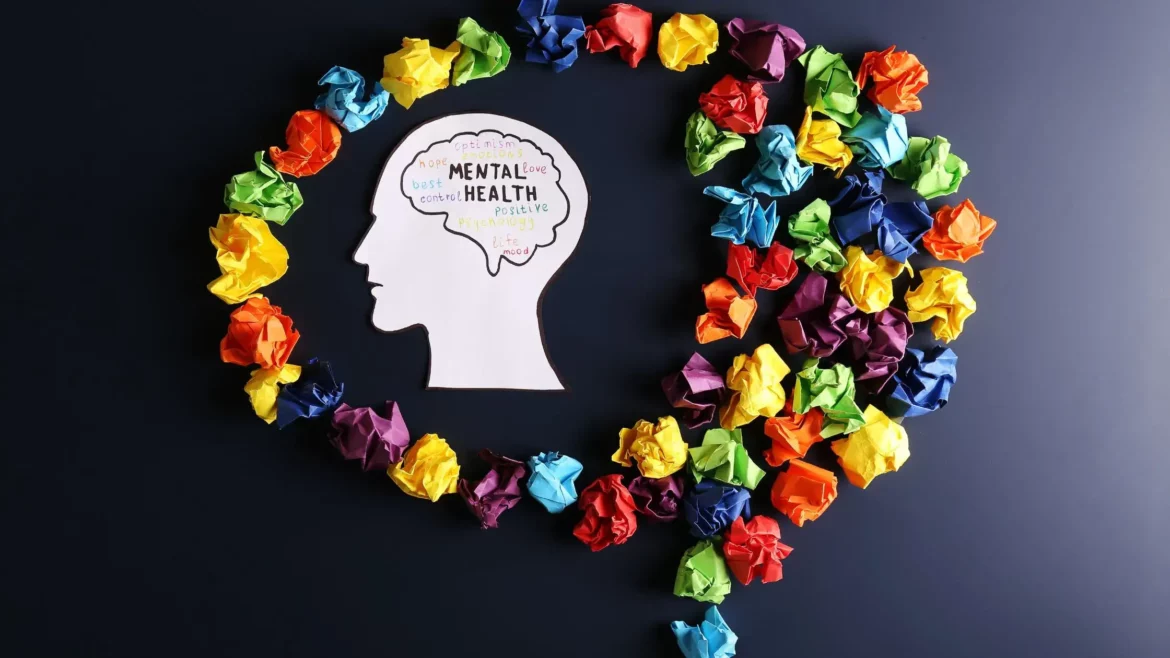This article is a quick list for Ratlam residents that includes the first signs of mental illness. Easily spotted red flags, or warning signs, are the tip-off to what could be a disorder like depression or anxiety. For example, if you find yourself preoccupied with thoughts of self-harm and suicide, if your sleep schedule and habits have changed significantly over time, or if you’re constantly struggling to maintain relationships regardless of your actions and outcomes then these may be warning signs that you need more help than just ratlam’s primary care centers.
If any mental health indicator crosses your mind that these red flags point out then take action immediately. It’s important to get help, before it is too late. A first step in getting help is to seek a mental health professional who works with and knows how these red flags look when they’re misdiagnosed.
The following are the first warning signs of mental illness:
1. Chronic insomnia: Insomnia doesn’t necessarily mean you actually have a sleep disorder. It could be due to stress, anxiety or even depression. But if it’s been present for months or years and if it has affected your quality of life then it may be time to get evaluated.
2. Eating disorders: The first red flag is binge eating and/or purging. Why is this sign so important? Binge eating is the first step in developing an eating disorder like anorexia or bulimia, where you lose control over your food intake, body weight, and how you feel about yourself. You may also purge your emotional distress through vomiting or cutting. If the binge eating and/or purging are severe, then it’s time to consider seeking help.
3. Constantly changing sleep schedule: If you find that your sleeping schedule has changed over time and if you have an unusual pattern of sleeping during the night or staying awake during the day, then this may be a sign of sleep deprivation. If stress isn’t a factor and something else is preventing you from sleeping, then this can be an indicator that you need more help than just Ratlam’s primary care centres can provide.
4. Significant mood changes: This can be one of the most obvious signs that something is not right. If someone is experiencing significant mood swings, then they should seek help quickly, because these mood swings can span from periods of elation to depression that are so severe a person’s ability to function at work and even at home may be affected.
5. Impulsiveness: A person with mental illness will sometimes feel compelled to do things even when there is no reason to do so. For example, a person with bipolar disorder might impulsively spend large amounts of money or get violent easily. Bipolar is one of the mental illnesses that should be taken seriously because it can lead to other disorders like being a drug addict if left untreated.
6. Suicidal tendencies: If you find yourself constantly thinking of self-harm then this could be a sign of either depression or anxiety disorder. Both these disorders can have suicidal tendencies associated with them, which is why it is critical to seek help as soon as red flags appear.
7. Excessive worry: Chronic worry can be one of the most difficult symptoms to cope with regardless of the cause. This is how many people develop anxiety disorders, PTSD and depression. If your worrying is excessive, then this may be an indication that you need help. You can take one online anxiety assessment test to identify if your worry, stress or anxiety is something to be concerned about.
8. Loss of interest in activities: If you used to be a social person who enjoyed the company of friends and family, but now find yourself not wanting to go out or do things anymore, then it may be that you have a mental illness called depression.
Conclusion
Mental illness may be one of the most difficult medical problems to manage, but the good thing is that it can be treated. Unfortunately, very few people get help because they are not educated in what mental health issues look like. Now that we have covered the first red flags of mental illness, it is up to you to take action and get professional help from good offline or online mental health services.
